THE
POWER OF WORDS
I just returned home from two conferences, back to
back, where I finally met a great many fellow authors with whom I had only
previously corresponded. In some cases,
they had been nothing more than the words in an email, since looking at every
author's FB page or web site proved too time consuming. Yet friendships had been made via the power of 
; unlike potential lovers, it never proved necessary to see a person's appearance in order to like them (not in the Facebook sense!) and want to continue corresponding with them. Big, small, dark, light, no matter the size of their nose or ears, if a friendship had been made via the correspondence, it continued in person with a connection that could not be broken. We know that words are powerful. We know that words have swayed voters, manipulated nations and seduced the opposite sex or reduced them to tears. So why shouldn't words make good old-fashioned friendships that last?

; unlike potential lovers, it never proved necessary to see a person's appearance in order to like them (not in the Facebook sense!) and want to continue corresponding with them. Big, small, dark, light, no matter the size of their nose or ears, if a friendship had been made via the correspondence, it continued in person with a connection that could not be broken. We know that words are powerful. We know that words have swayed voters, manipulated nations and seduced the opposite sex or reduced them to tears. So why shouldn't words make good old-fashioned friendships that last?
Yet language is not an easy art to learn. On the news tonight, there was a feature
about a seven-year-old musical prodigy who rivals Mozart. After listening to the interview I realized
that we often hear of child geniuses who excel in music or paint like Da Vinci
yet never do we hear—to my knowledge—of a child who writes like Shakespeare or
is, at some tender age, the next Dickens, Austen or Twain. My own daughter spat out, "Thank you
Mommy and Daddy for the delicious Chinese meal" at the ripe old age of two
yet never went on at five to write anything that rivaled a Bronte. So what is it about the art of language that
takes years to master?
Experience is the attribute that
comes to mind. Vocabulary is nothing
more than learning the notes and their permutations but experience teaches us
how to charm or how to hurt, how to dispute and argue, how to persuade or
convert, how to lie, deny and invent.
Ah: invent! Experience goes hand in hand with IMAGINATION.
 The experience of studying, learning, reading and life itself feeds our
imagination so that we eventually can tell stories and write. And whether it's an email that is telling
some person whom you've never met the minutiae of your day in humorous detail,
or laying out for the unknown reader the glories of an historical figure or a
make-believe character, language and writing remain our main connection to each
other. Yes, even in this digital cyber
age, we are still connecting via language.
The experience of studying, learning, reading and life itself feeds our
imagination so that we eventually can tell stories and write. And whether it's an email that is telling
some person whom you've never met the minutiae of your day in humorous detail,
or laying out for the unknown reader the glories of an historical figure or a
make-believe character, language and writing remain our main connection to each
other. Yes, even in this digital cyber
age, we are still connecting via language.
 The experience of studying, learning, reading and life itself feeds our
imagination so that we eventually can tell stories and write. And whether it's an email that is telling
some person whom you've never met the minutiae of your day in humorous detail,
or laying out for the unknown reader the glories of an historical figure or a
make-believe character, language and writing remain our main connection to each
other. Yes, even in this digital cyber
age, we are still connecting via language.
The experience of studying, learning, reading and life itself feeds our
imagination so that we eventually can tell stories and write. And whether it's an email that is telling
some person whom you've never met the minutiae of your day in humorous detail,
or laying out for the unknown reader the glories of an historical figure or a
make-believe character, language and writing remain our main connection to each
other. Yes, even in this digital cyber
age, we are still connecting via language.
While John Lennon once said, “When you're drowning you don't
think, I would be incredibly pleased if someone would notice I'm drowning and
come and rescue me. You just scream,” I’d like to think that the man who
wrote ‘Imagine’ and ‘Give Peace a Chance’ was highly aware of the power of
words. While his scream might be a
reaction, it would be words that expressed what he felt about the possibility
of drowning. Just as I felt the connection with my fellow authors whom I had
never met, but it was words that finally connected us.
Loveland
When Lady Alexandra Calthorpe
returns to the Loveland, Colorado, ranch owned by her father, the Duke, she has
little idea of how the experience will alter her future. Headstrong and
willful, Alex tries to overcome a disastrous marriage in England and be free of
the strictures of Victorian society --and become independent of men. That is,
until Jesse Makepeace saunters back into her life...
Hot-tempered and hot-blooded
cowpuncher Jesse Makepeace can’t seem to accept that the child he once knew is
now the ravishing yet determined woman before him. Fighting rustlers proves a
whole lot easier than fighting Alex when he’s got to keep more than his temper
under control.
Arguments abound as Alex pursues
her career as an artist and Jesse faces the prejudice of the English social
order. The question is, will Loveland live up to its name?
Excerpt:
He watched
as she sat on a stool and pulled first one boot, then the other off and kicked
them aside, then she stood and put her leg on the stool to roll down her
stockings one by one.
He
marveled at her wantonness, her lack of propriety. “Alex, stop,” he said,
laying his hand on hers. “Stop. You know…”
But he was
lost; she took his face in her hands and pulled him to her, kissing him so any
resistance he had had was now shattered. His heart was beating faster at the
sweetness of her mouth, the softness of her tongue, the lack of air as they
sought each other. His hands moved over her feeling the outline of her body,
knowing its curves, its gentleness, its yielding. “Are you sure?” he asked at
last.
“I want
you so much, Jesse, I want you so much, I’m not waiting three years. And if…if
anything happens, so what? We’ll get married, that’ll be it.”
“Yes, but
Alex, you can’t…I mean it’d be a shotgun wedding, it’s not how—”
“Shh.” She
put her finger to his mouth and then turned for him to unhook her gown. He ran
his hands gently down her exposed back, feeling each scar, then kissed her
neck.
“You have
nothing on under...”
“It’s how
the gown is made. Monsieur Worth builds the undergarments into the gown.” Her
voice was at barely a whisper, a tremor showing her nerves. She turned and
still held the gown up to her, then, looking at Jesse, let it drop to the
floor.
Andrea Downing emigrated to the UK from New York
in order to do her Masters Degree. She
ended up marrying, raising a beautiful daughter and staying for longer than she
cares to admit. Teaching, editing a
poetry magazine and a short stint in Nigeria filled those years until in 2008
she returned to NYC. She now divides her
time between the city and the shore and often trades the canyons of New York
for the open spaces of the west—and writes incessantly.
Discover
more about Andrea here:
Website: http://andreadowning.com
Buy Links:





















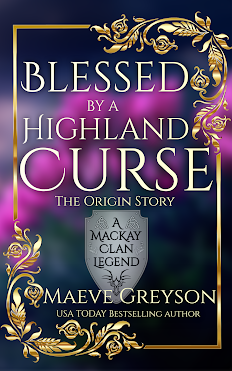
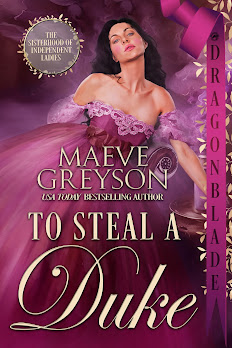

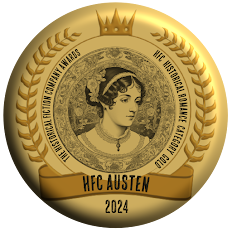
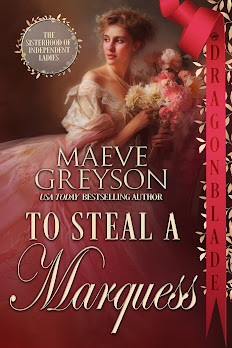
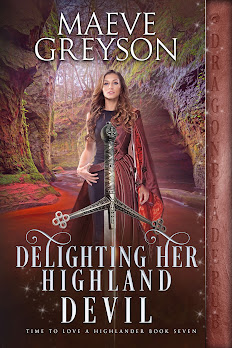

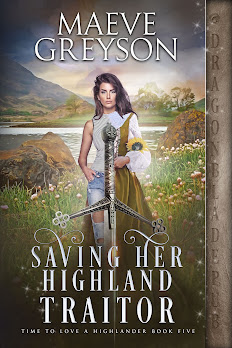
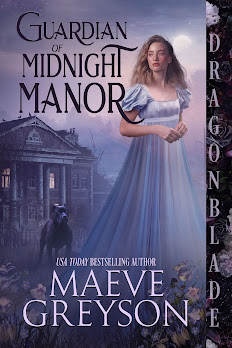
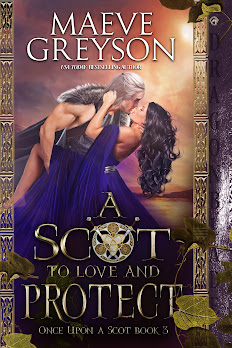
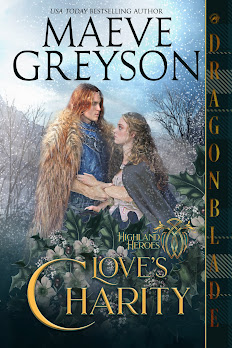


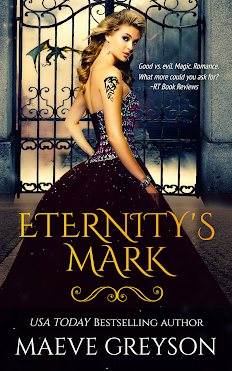
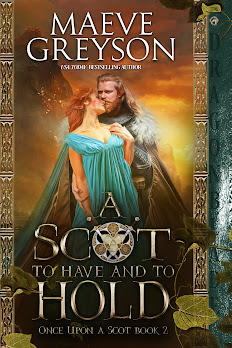














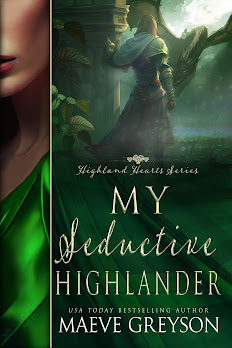
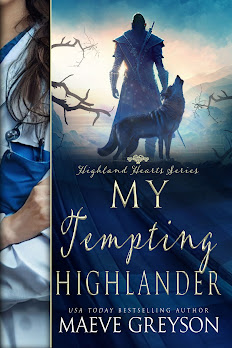


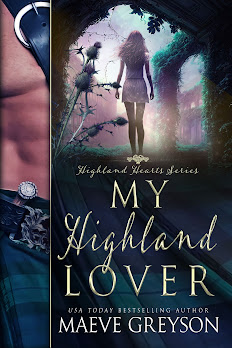
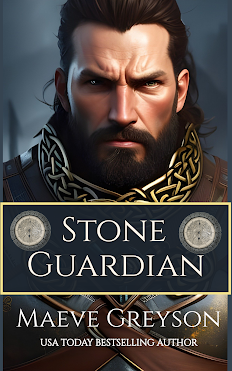






Good Morning Ladies - great post and I'm positive this would be a great read! Congratulations on the release!
ReplyDeleteThanks so much. Your WORDS give me encouragement!
DeleteThanks, Lisa. Glad you like it.
ReplyDeleteWonderful post. Of course, words are my favorite things!
ReplyDeleteGlad to hear it, Liz. Thanks for stopping by
DeleteWhat an excellent post. Well done. I love words. :)
ReplyDeleteThanks Beth. I guess loving words is fairly necessary for being an author!
ReplyDeleteHi Andi,
ReplyDeleteYour post is excellent; you offer food for thought, beautifully expressed. I'm happy to have been one of those on-line friends who got to meet you in person at the Women Writing the West conference!
I was most certainly happy to meet you as well, Arletta. Thanks for your cmment!
DeleteThe truth of your post rings clear. Calvin and I were so impressed with you, meeting you in person after you'd blogged on Vintage Vonnie. Although an aura of calm and gentleness of spirit shows in your photo. The charm of a one-on-one conversation at The Wild Rose writers' retreat endeared you to us even more.
ReplyDeleteVonnie, that is just such a lovely thing to say, though I don't know how you gathered calm and gentleness from that photo--I think I've got on my tough western scowl! Thanks so much--you're both such darlings!
DeleteHi Andrea,
ReplyDeleteGreat post, I enjoyed reading it. Loved your excerpt.
Regards
Margaret
Thanks so much, Margaret. Glad you enjoyed it! There's more where that came from...
DeleteAndi,
ReplyDeleteGood post... Interesting about there being no child writers. Knowing the words, having experiences of love and loss and more, all of these we gather as we grow into adulthood. Another very important necessity for the writer is to know the words and how to spell them. Oh, yes, and then there are those pesky grammar rules.